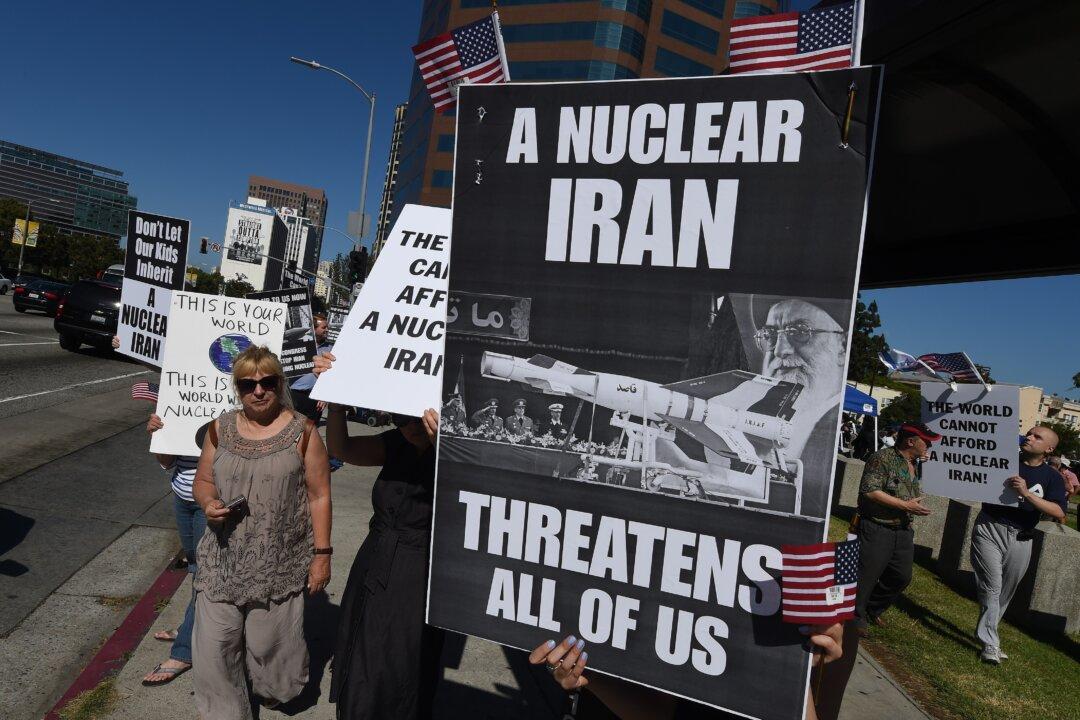Economic sanctions against Iran are having an effect, even as experts who spoke with The Epoch Times diverge on the nature of the impact and on how big a role sanctions have played in the Islamic regime’s reluctance to escalate following the assassination of a top general.
Gen. Qassem Soleimani was killed in Baghdad on Jan. 3 by a missile fired from a U.S. drone, a strike that Secretary of State Mike Pompeo called a preemptive move to keep Soleimani from executing an “imminent” attack on American assets.





